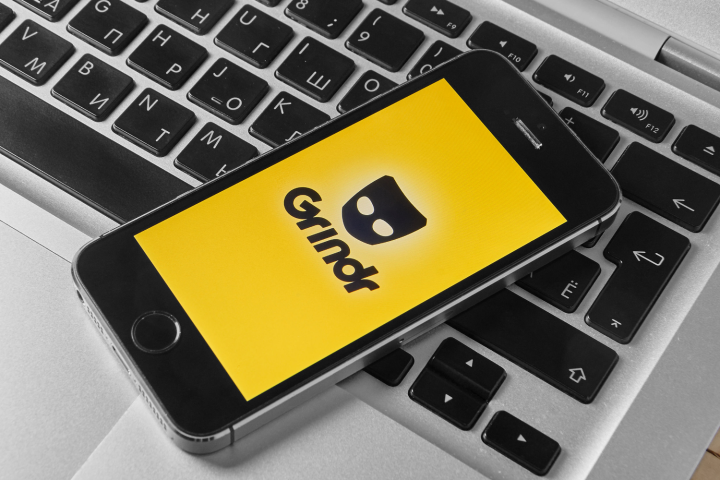
But this recent move has a few intelligence officials and China experts rather concerned about what this could mean for users and their privacy. As initially reported by the Washington Post, the recent buy-out could mean the Chinese government would be able to “demand sensitive and embarrassing details on the lives of millions of non-Chinese citizens.”
China already has a history of maintaining stringent controls over apps and web services throughout the country, and has often banned communication apps that don’t follow its strict rules and regulations. Not only are social media sites like Facebook, Instagram, and Twitter inaccessible, but so too are apps like WhatsApp and, most recently, Skype. But aside from controlling citizens’ access to certain services, China is also purportedly collecting information on both citizens and foreigners alike.
“What you can see from Chinese intelligence practices is a clear effort to collect a lot of personal information on a lot of different people, and to build a database of names that’s potentially useful either for influence or for intelligence,” said Peter Mattis, a former U.S. government intelligence analyst and China fellow at the Jamestown Foundation. “Then later, when the party-state comes into contact with someone in the database, there’s now information to be pulled,” he said.
Increasingly, the U.S. government is becoming wary of Chinese acquisition of American companies. In fact, at the beginning of the year, an American panel rejected the buyout of MoneyGram International by Alibaba subsidiary Ant Financial, citing national security concerns.
All the same, it’s unclear what the relationship is between the Chinese government and its large international companies, so for the time being, we still don’t have a concrete sense of what the Kunlun acquisition means for Grindr users. And that might be cause for concern in and of itself.


